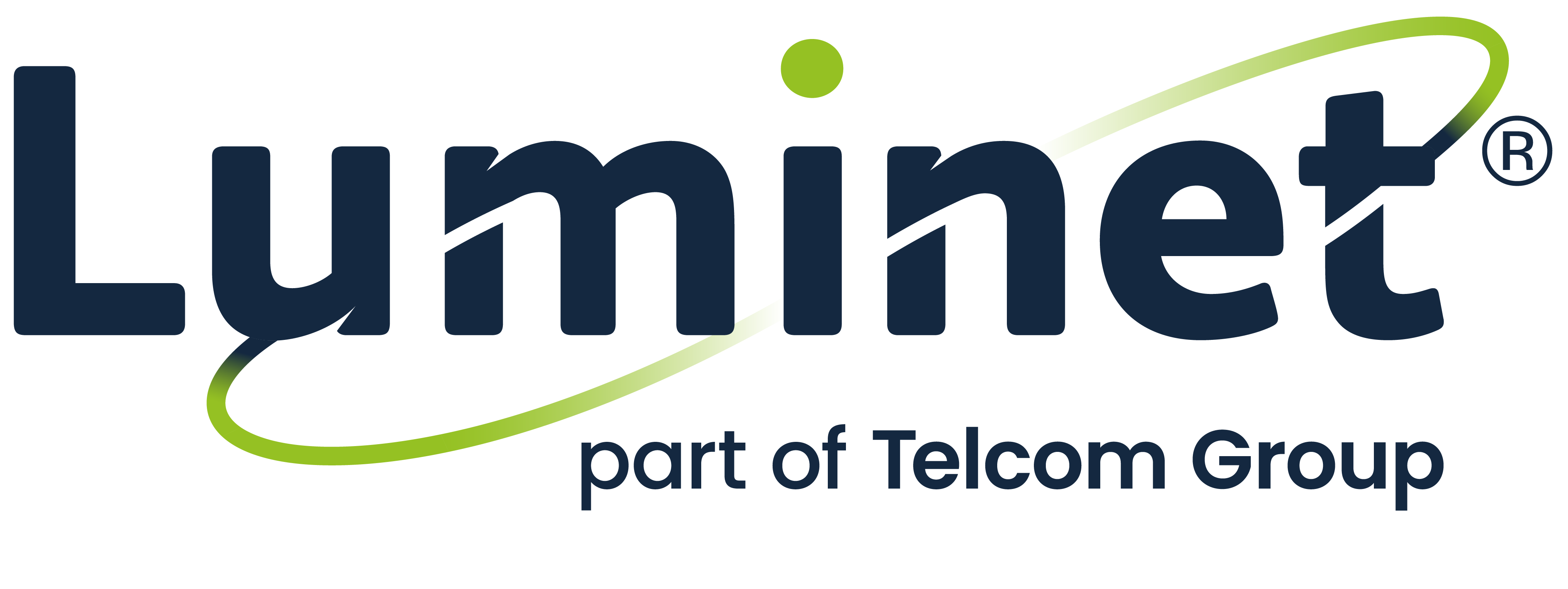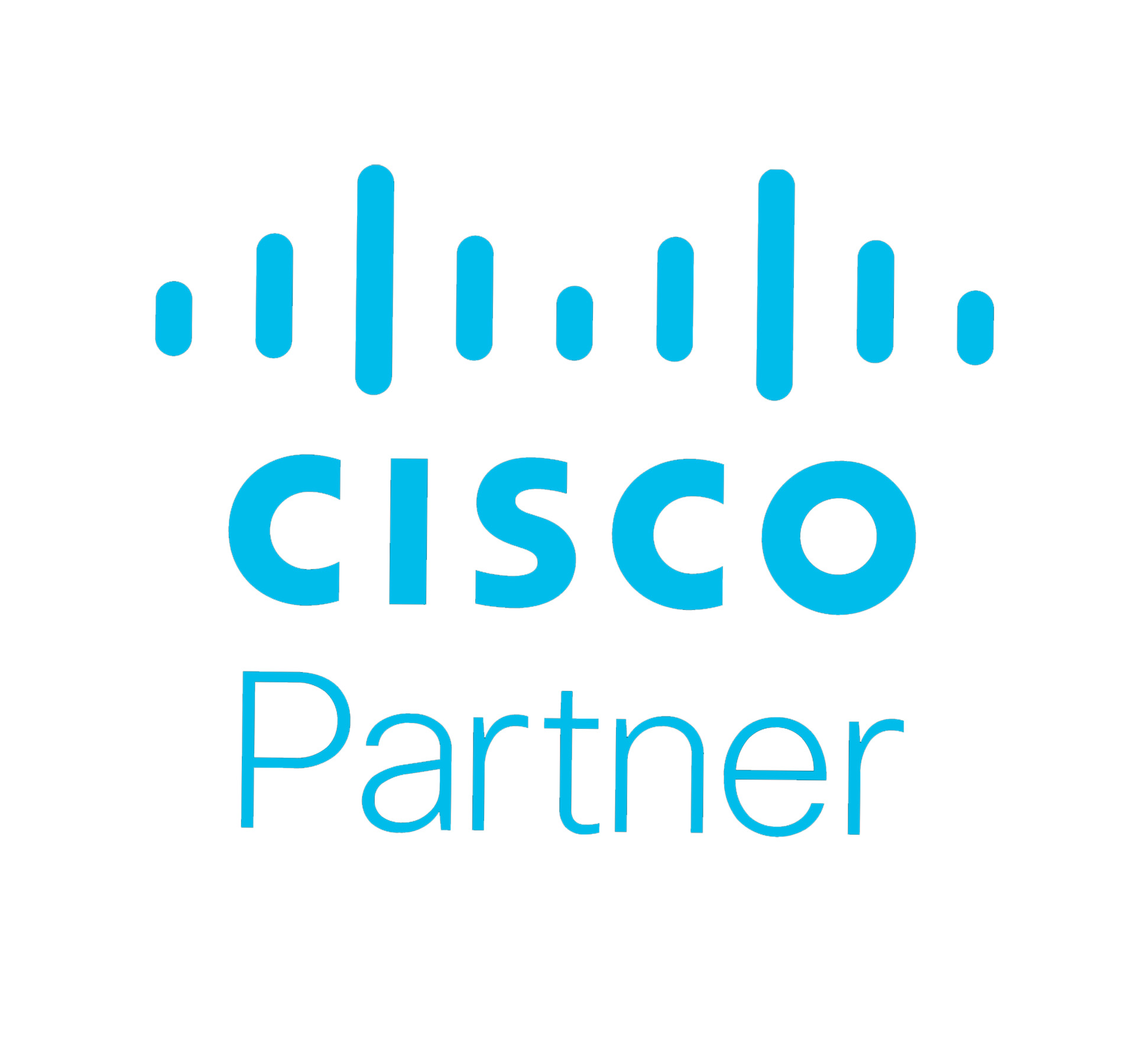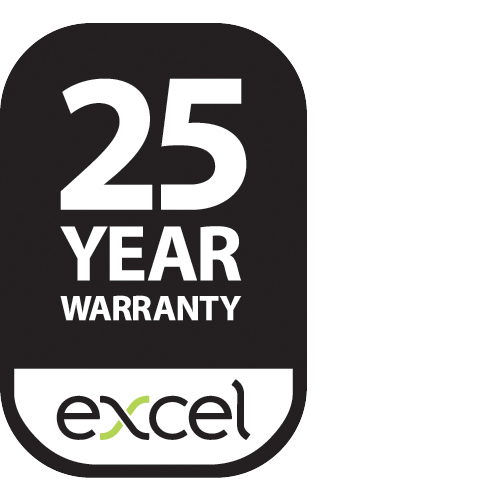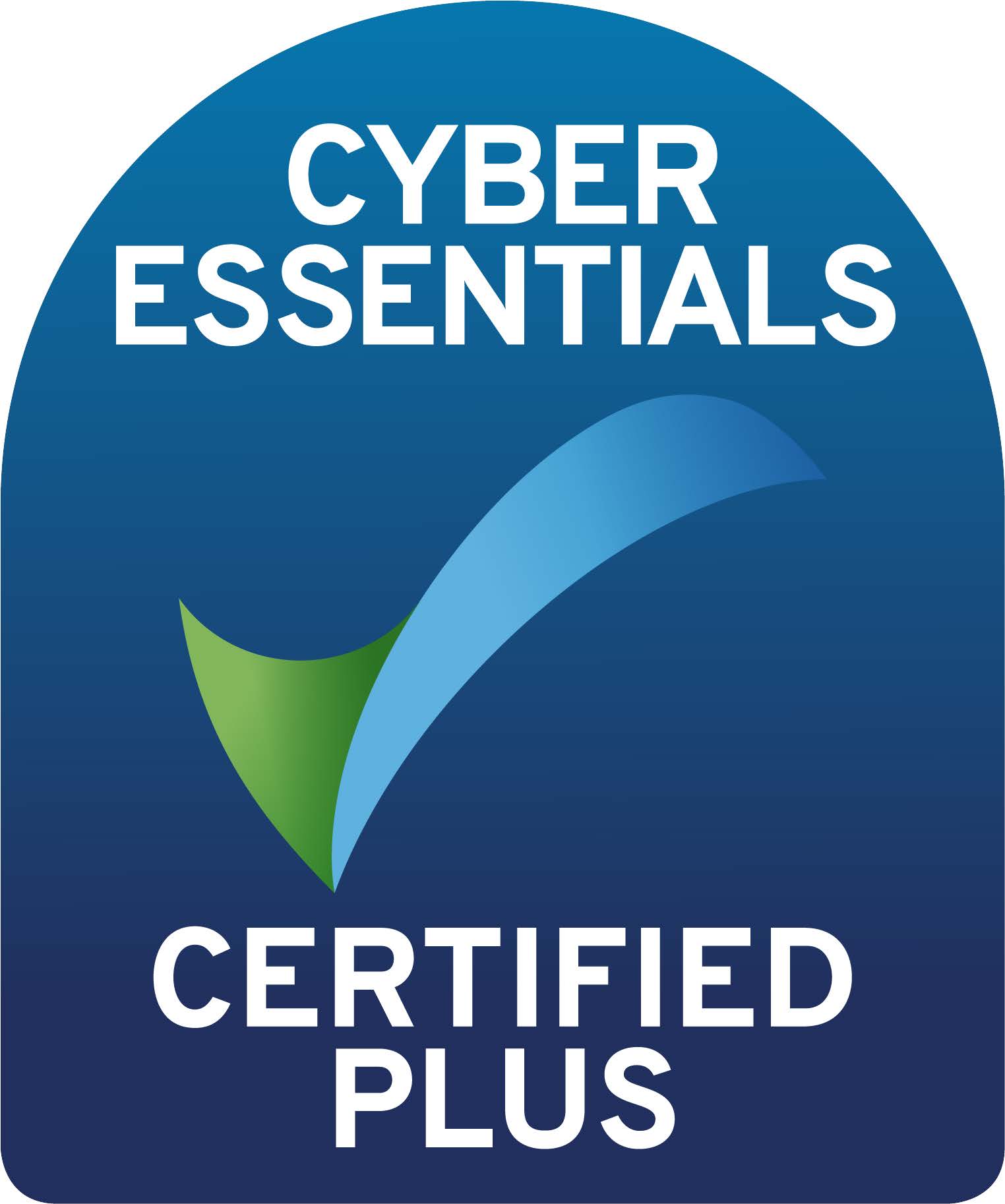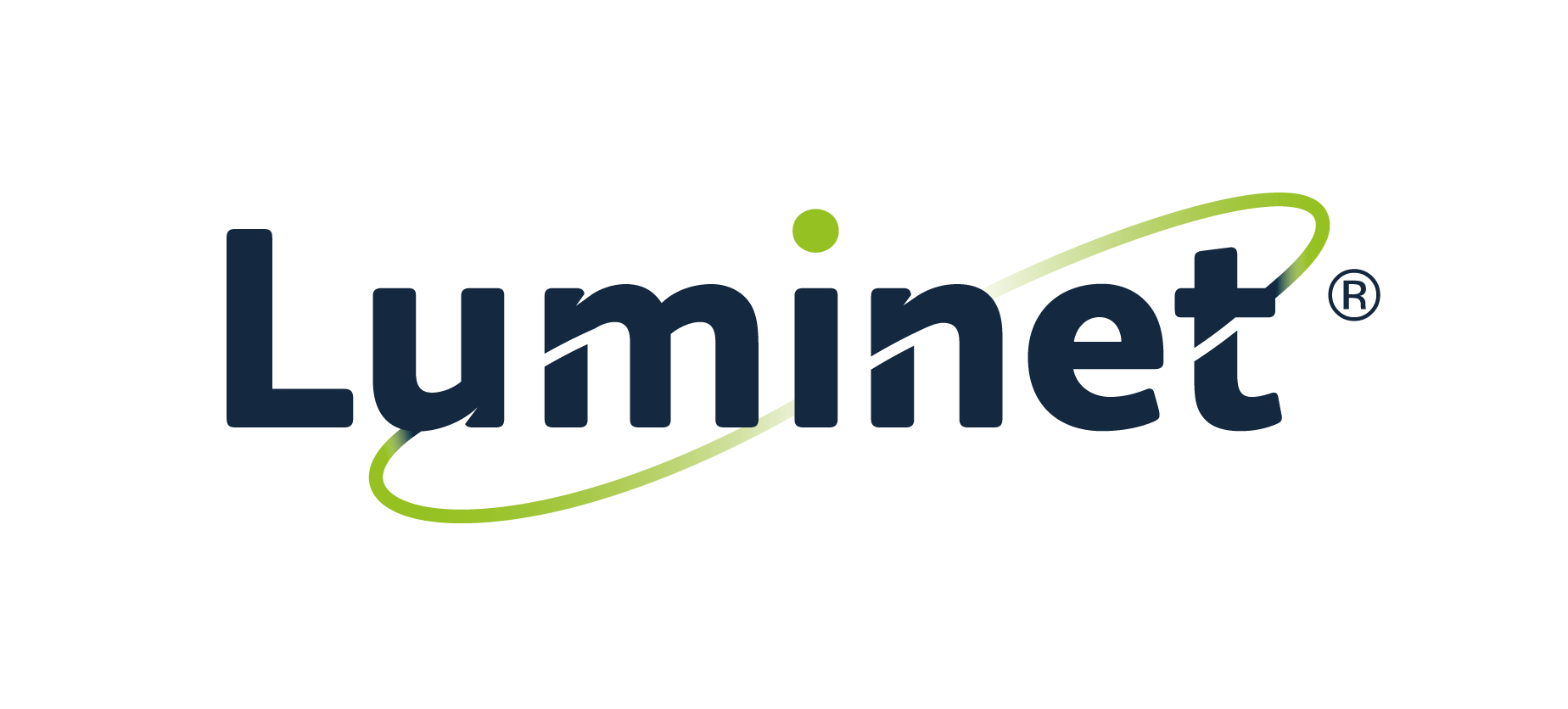How to make storage, backup and replication cheaper, less risky and just as dull
How to make storage, backup and replication cheaper, less risky and just as dull
Being an expert in data storage isn’t the kind of thing a person puts on their Tinder profile.
It’s good that data storage is dull; you really don’t want the opposite to be true. But as data processes like archiving, replication and backup become increasingly high-stakes, for the first time business leaders need to know how to avoid the pitfalls of runaway costs, lack of security and regulatory non-compliance.
Language is running out of ways to describe the sheer scale of data
According to Google’s Chief Economist, Hal Varian, the whole of human civilization only created about 5 Exabytes (about 5 billion Gigabytes) of data up to the year 2003. Now we are creating that amount every two days. Analysts at IDC reckon digital data will grow 42% a year for the rest of the decade to sit at around 53 Zettabytes by 2020. After the Zettabyte we arrive at the Yottabyte (equivalent to 1 trillion terabytes) and after that, well, there literally is no word to describe the size of data. Some experts believe the pace of data growth is so great that it is already starting to outstrip the global manufacturing capacity of new hardware to put it all on.
Organisations can’t afford the extra capital, skills and running costs
For businesses, all this extra data means putting it somewhere, keeping it safe and backing-up a copy in case of disaster. But what was once merely a tedious and relatively inexpensive diversion for IT managers is now utterly precarious, all-consuming and costly. The old model of purchasing and housing hardware, and running your own backups to tape, is shockingly unfit for purpose in today’s world. The new model is invariably cloud-based.
Compounding the drive toward cloud-based data backup, replication and storage are the following factors:
- Increased frequency, complexity and business impact of cyber security threats (e.g. ransomware)
- Increasingly stringent regulatory compliance around data protection and privacy (e.g. EU GDPR)
- Increased sensitivity to application downtime owing to IT’s critical role in driving front and back office business processes
- Increased demand for real-time recovery and retrieval of data as users and customers can no longer tolerate delay
Beware entrusting your business future to ‘free’ cloud-based storage apps
The emergence of Dropbox, Google Drive and many other storage and file-sharing apps has emboldened some businesses to take advantage of the convenience and low-cost of the public cloud. What’s good for one’s personal life is fine for one’s business life too, right? Well, no actually… Consider the following:
- Do you know where your data physically resides? Almost certainly not in a public cloud setting, which is OK for some kinds of data but may contravene legislation with others.
- Does the public cloud provider provide a sufficient SLA? Again, this is unlikely in those instances where data leakage is an inevitable consequence of being a multi-user, shared environment.
- What about encryption and the secure storage of user credentials? As above, these controls may not be in place, or may not be strong enough for your unique business requirements.
The other issue with public cloud storage and file sharing services is that their convenience and ease of use tends to put them under the radar of corporate IT departments; so-called shadow IT (or shadow data). In other words, even if the organisation has not implemented them as a preferred business solution, this doesn’t mean that employees aren’t using them, every day, with who knows what data!?!
Get the best of both worlds with SLA-backed and cloud-based data management
The old way of purchasing SAN units and retaining specialist in-house storage skills is expensive and difficult to manage, but at least you had visibility and control. By contrast, public cloud services promise agility and low cost, but fall short of business-grade controls.
Luminet’s cloud storage services deliver maximum insight and control without any of the constraints; enabling security and compliance with simple, elastic scale and low budgetary impact. A hybrid cloud approach with Luminet’s networks and direct connections into the Azure and AWS platforms is a highly secure way to utilise a simple, effective SLA-backed cloud storage service.
Users can select where their data is stored, if it is replicated and how it is backed-up, and Luminet’s 100% core network uptime and 100% last mile SLA underpins confidence no matter the load or requirement. It precisely meets the needs of organisations of all kinds, from all sectors – responding to new digital demands and opportunities immediately. And for organisations that wish to keep data away from the public cloud altogether, Luminet offers fully SLA-backed storage, replication and backup services for private cloud too.
Still not quite ‘exciting’ or ‘sexy’, but that’s exactly the way it should always be!
Find out more about Luminet’s 100% Always-On and Cloud computing services.
Contact me to “get connected”.
